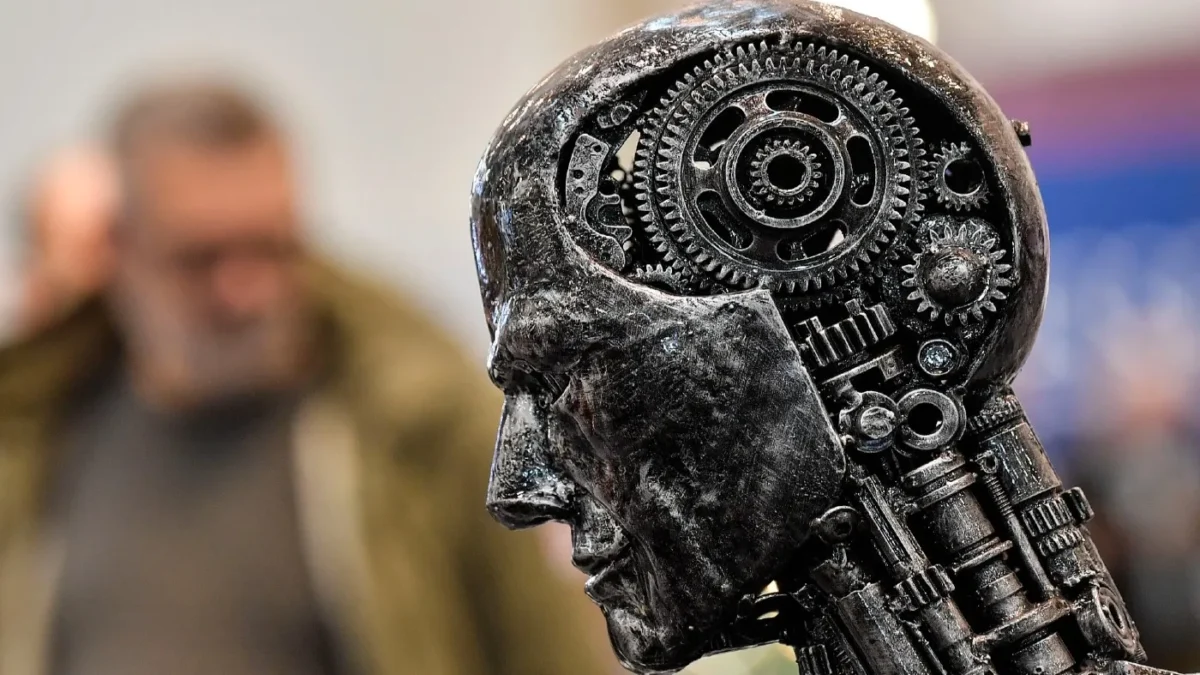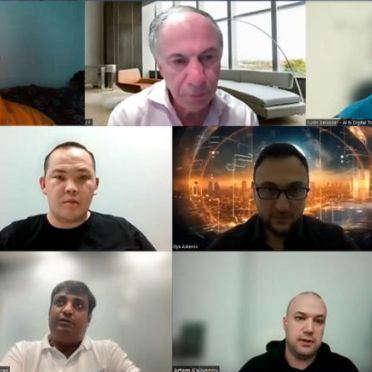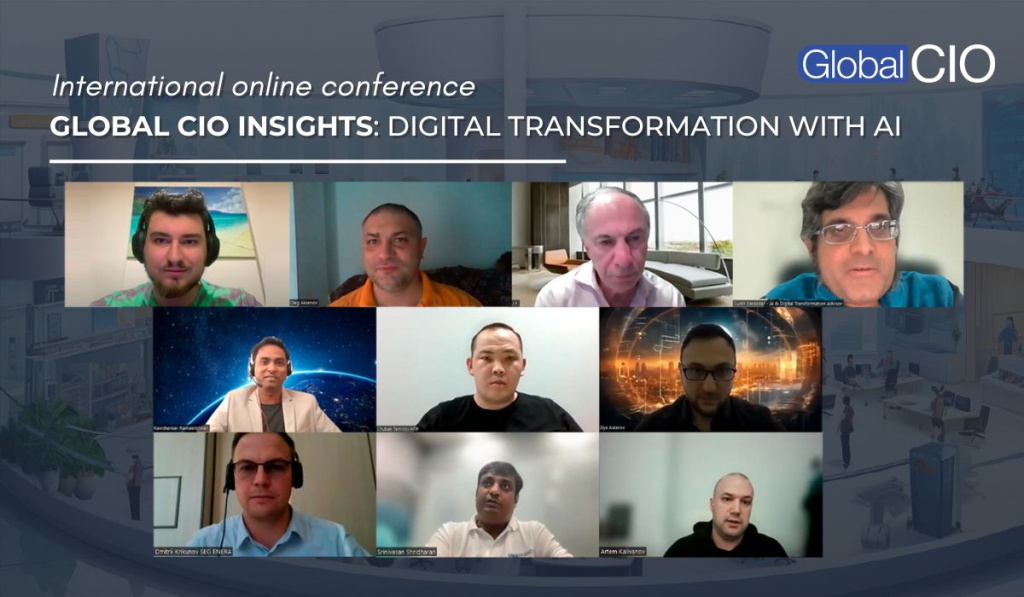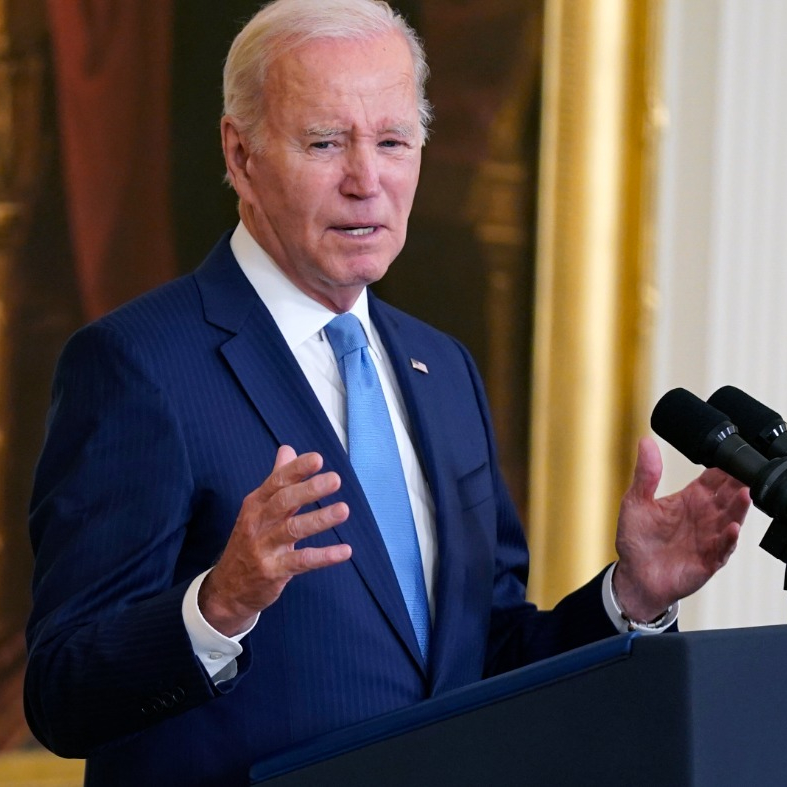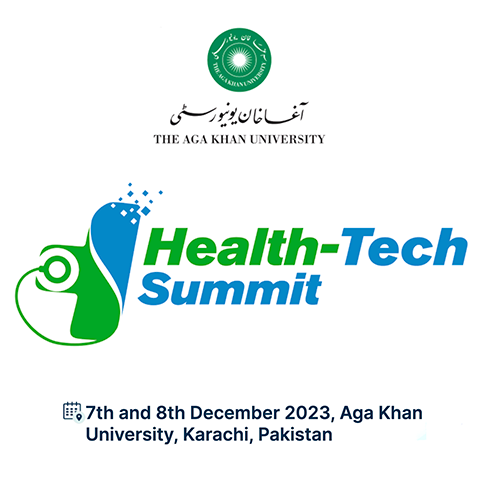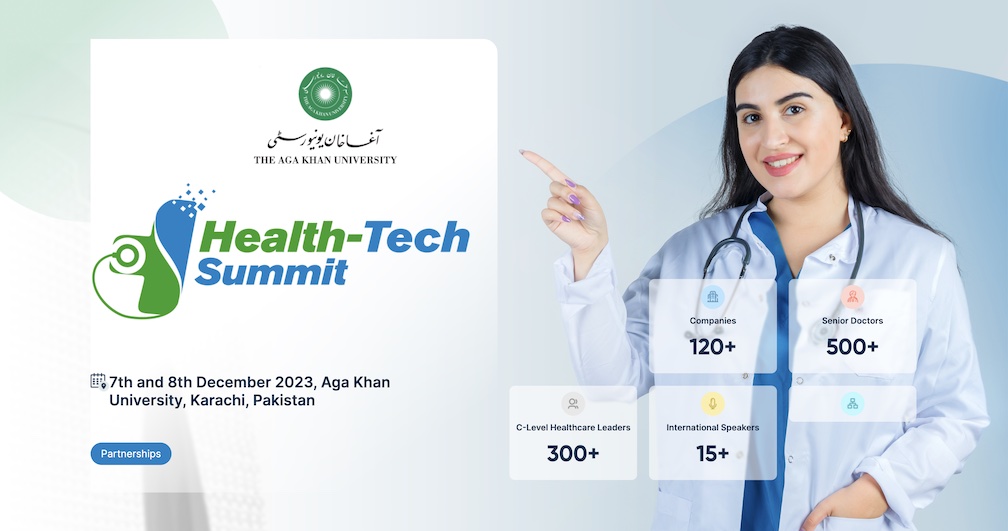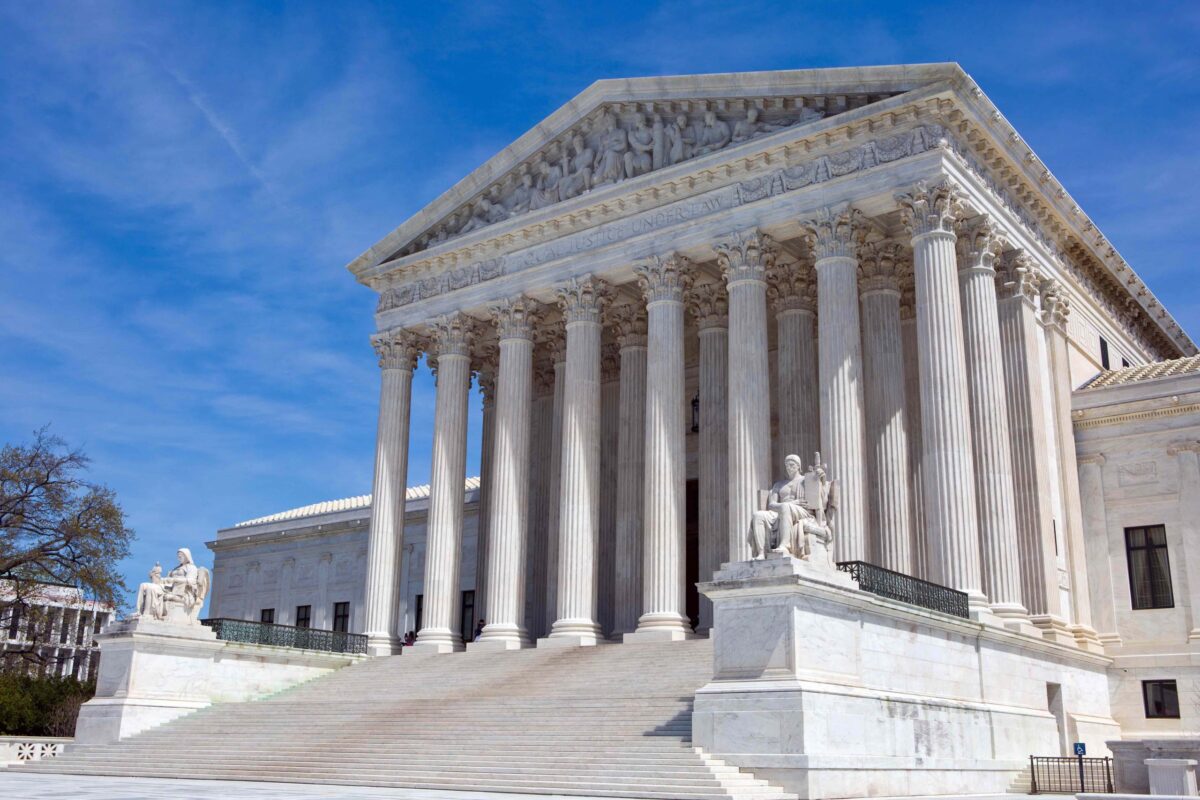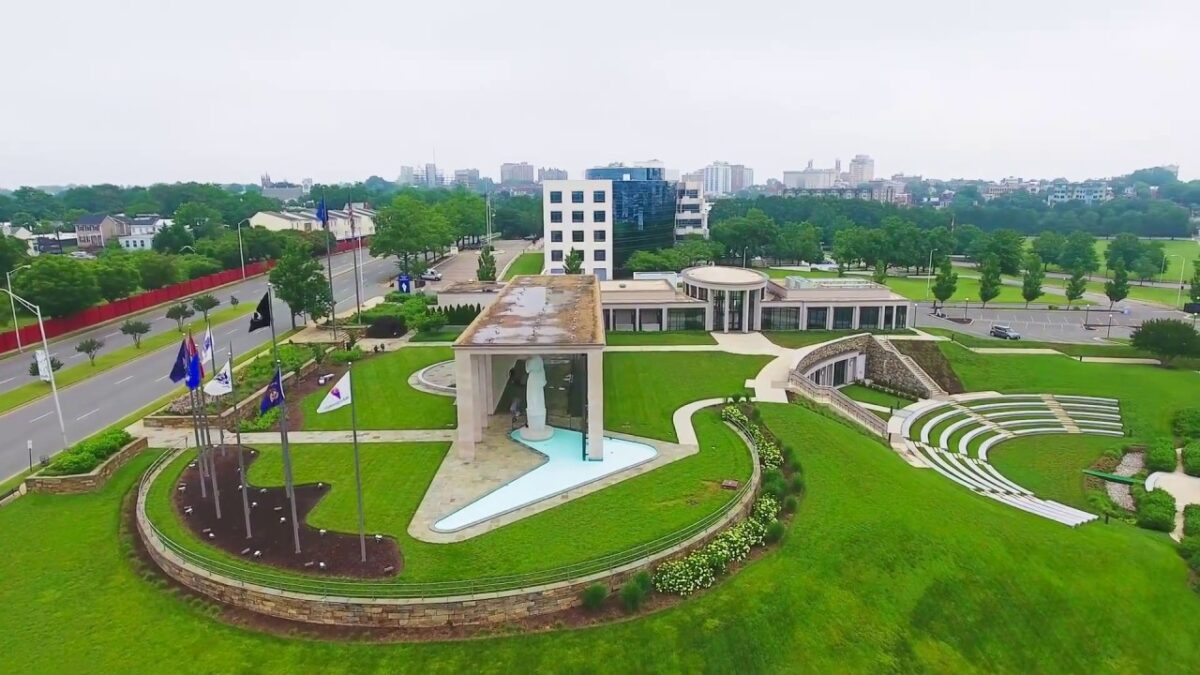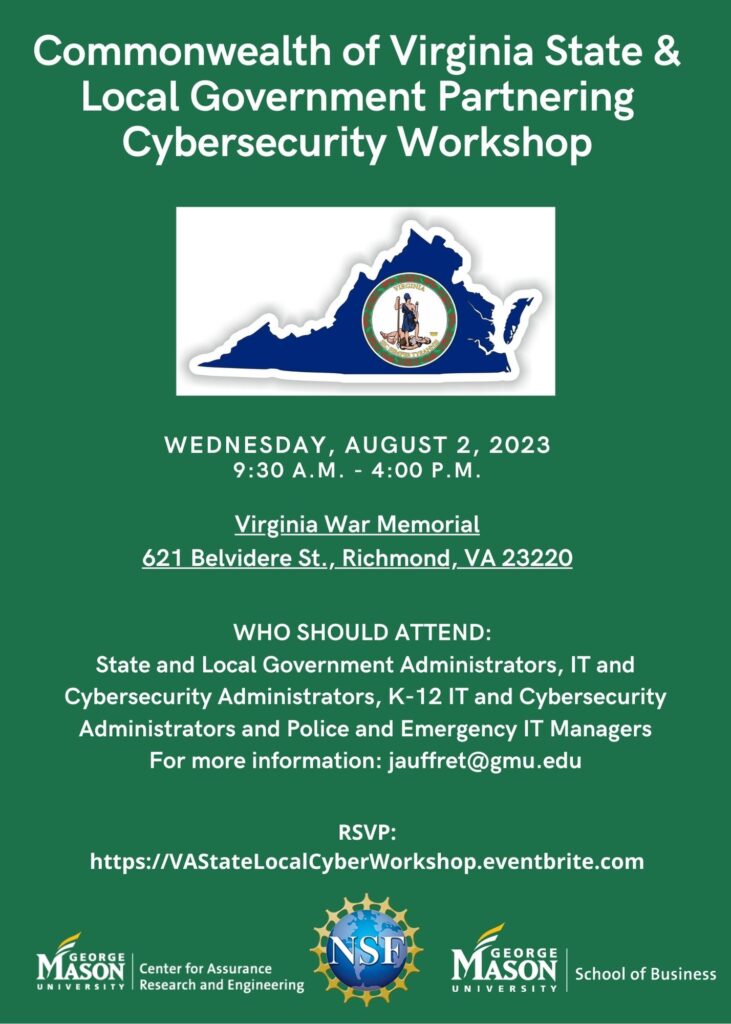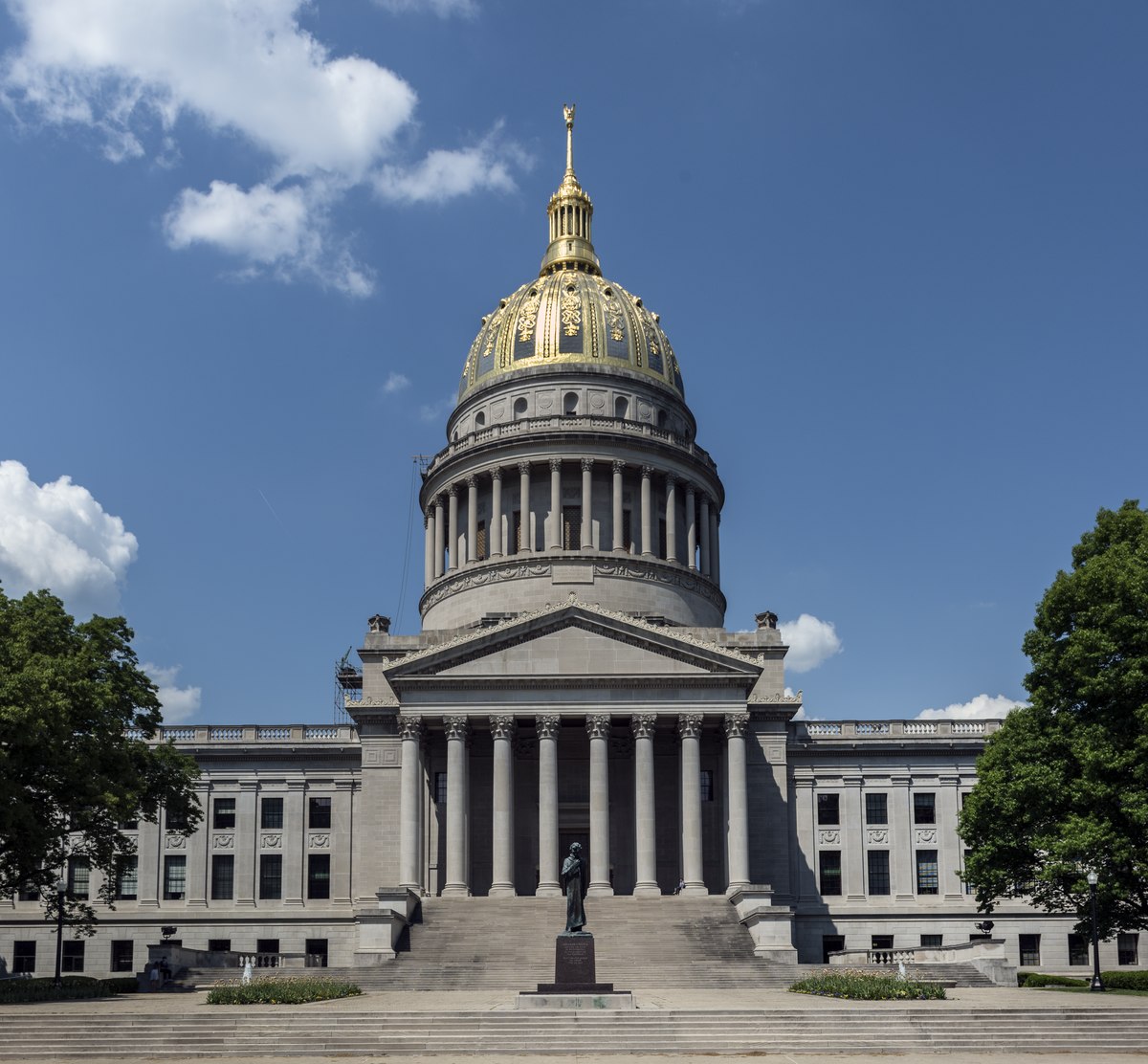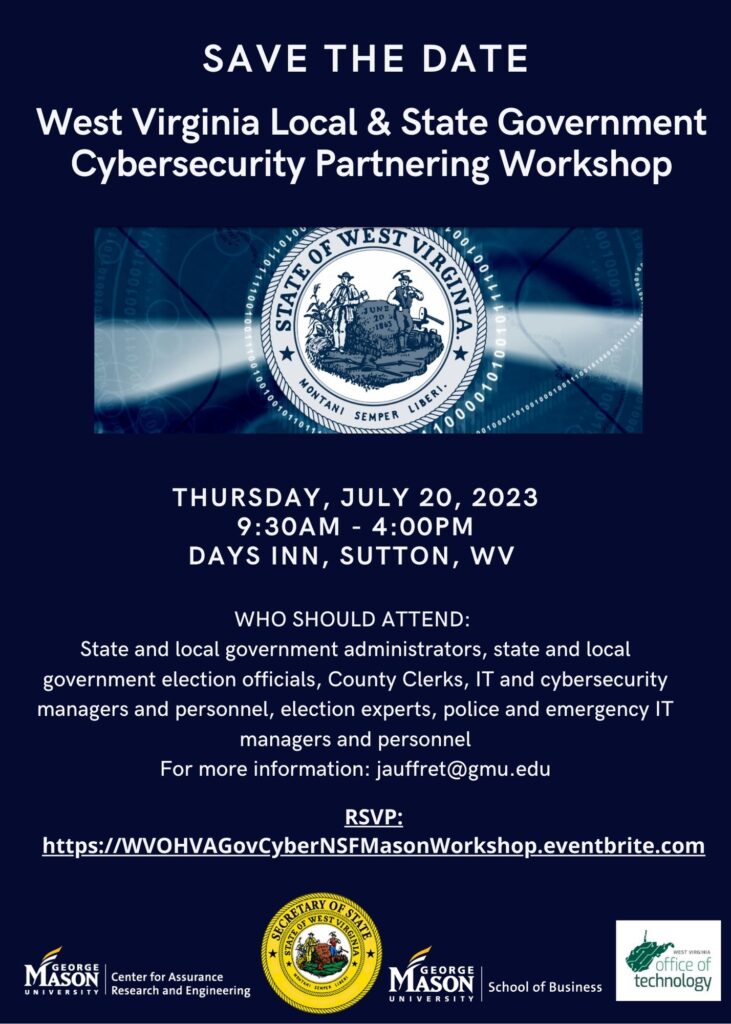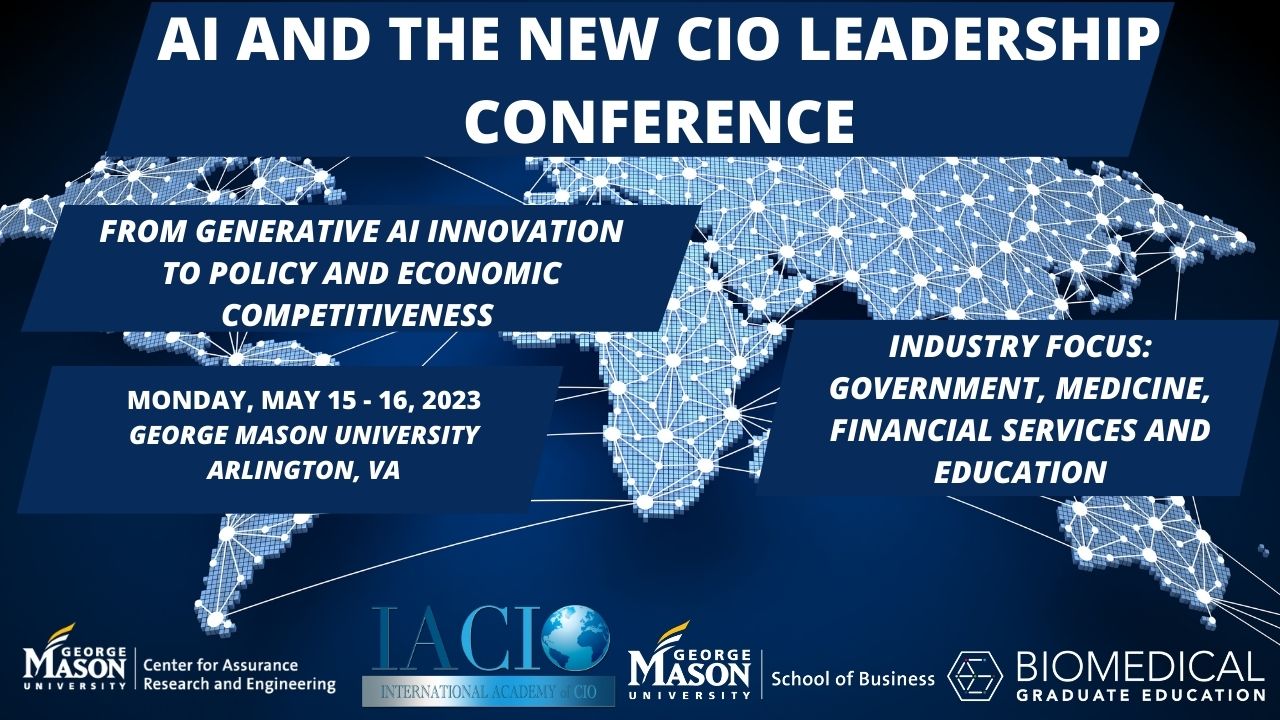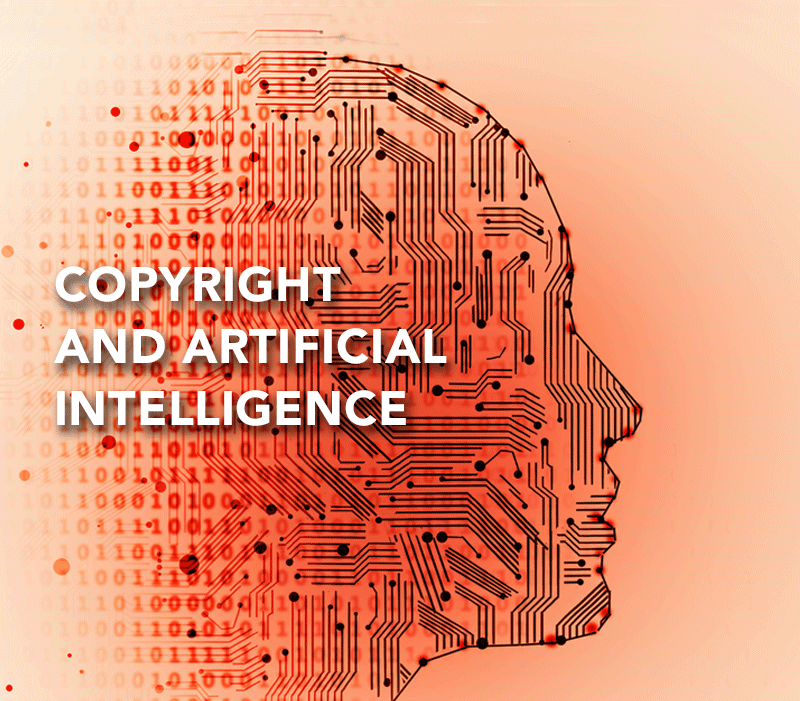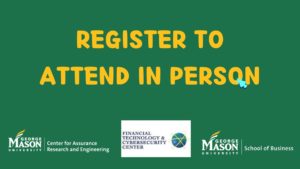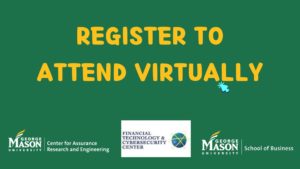ABSTRACT
The recent Biden White House Executive Order on artificial intelligence is a sweeping attempt to assess, monitor, regulate, and direct developments in this important area of technological growth. However, while the Order contemplates massive and thorough (arguably intrusive) collections of information, including information that will be trade secret and otherwise commercially valuable, it does not specifically address the issue of how better to ensure that government officials, employees, agents, and contractors have proper training to make sure that third-party proprietary rights in that information are preserved and the information is not “leaked” or otherwise improperly published by those acting under color of federal authority. In addition, while the Order seeks information to better assess the refusal by the U.S. Copyright Office and the U.S. Patent Office to afford protection to matter created wholly by artificial intelligence, there is a lack of specific direction on the potential need to alter these positions or focus on developing – at the federal or state levels – new forms of intellectual property protection for such matter.
AUTHOR

Gary Rinkerman is an attorney whose practice includes intellectual property litigation, transactions, and counseling. He is an Honorary Professor of U.S. Intellectual Property Law at Queen Mary University in London, UK and also a Senior Fellow at the Center for Assurance Research and Engineering (‘CARE’) in the College of Engineering and Computing at George Mason University in Virginia. For those interested in ‘digital archeology,’ Mr. Rinkerman, as a Senior Investigative Attorney for the U.S. International Trade Commission, successfully argued one of the first cases in which copyright in object code was enforced. He also co-founded and served as Editor-in-Chief for Computer Law Reporter, one of the first legal publications (in the 1980s) to focus exclusively on law and computer technologies. This article should not be considered legal advice. The presentation of facts and the opinions expressed in this discussion are attributable solely to the author and do not necessarily reflect the views of any firms, persons, organizations or entities with which he is affiliated or whom he represents.

